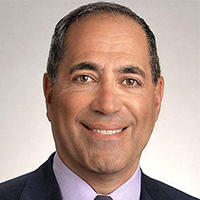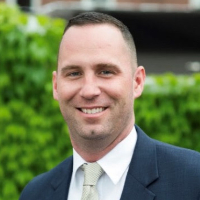Rensselaer Criminal Lawyer, New York
Sponsored Law Firm
-
 x
x

Click For More Info:
-
Cohen & Bernstein, L.L.C.
1360 Clifton Ave #309 Clifton, NJ 07012» view mapCriminal Defense We’re In this Together!
We work hand in hand with our clients to ensure all of your questions are answered and progress through your legal issue is seamless.
800-978-7341
Donald W. Boyajian
✓ VERIFIEDAccident & Injury, Personal Injury, Criminal, Class Action, Whistleblower
Donald W. Boyajian has been practicing law for over 35 years and is the Managing Partner of the firm. Don is a life-long resident of the Capital Regio... (more)
Ryan M. Finn
✓ VERIFIEDAccident & Injury, Civil & Human Rights, Employment, Criminal, Business
Attorney Ryan Finn of Finn Law Offices has worked for big law firms and he knows how they approach a legal conflict. He is well known and well respect... (more)
April M. Dalbec
Family Law, Divorce & Family Law, Criminal, Accident & Injury
Status: In Good Standing
Kathryn Dell
Criminal, Divorce & Family Law, Estate, Real Estate, Traffic
Status: In Good Standing Licensed: 33 Years
Brian B. Selchick
Criminal, Estate, Lawsuit & Dispute, Divorce & Family Law
Status: In Good Standing Licensed: 15 Years
 Lindsay Bernstein Clifton, NJ
Lindsay Bernstein Clifton, NJ Practice AreasExpertise
Practice AreasExpertise



